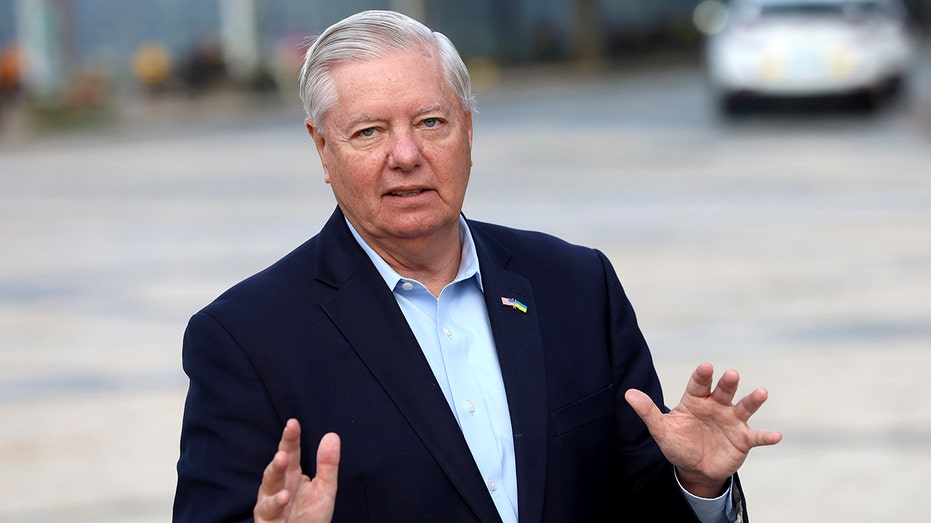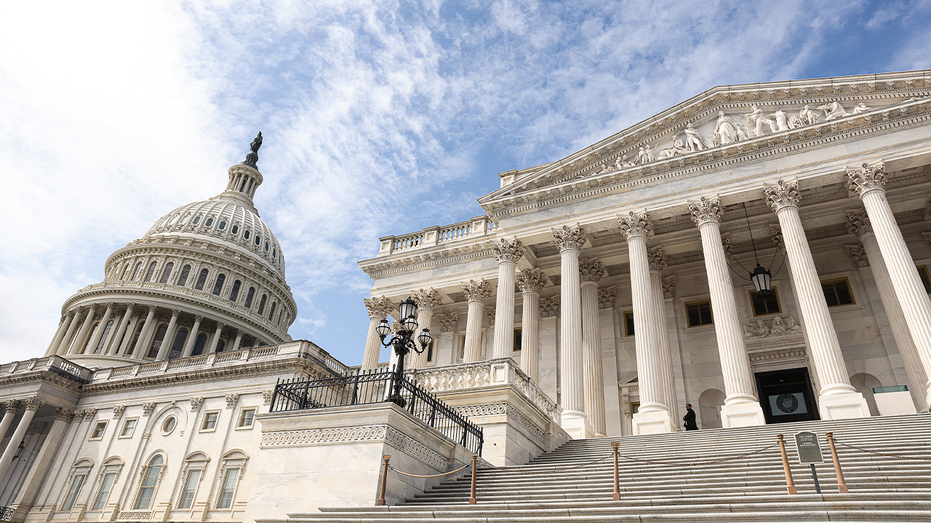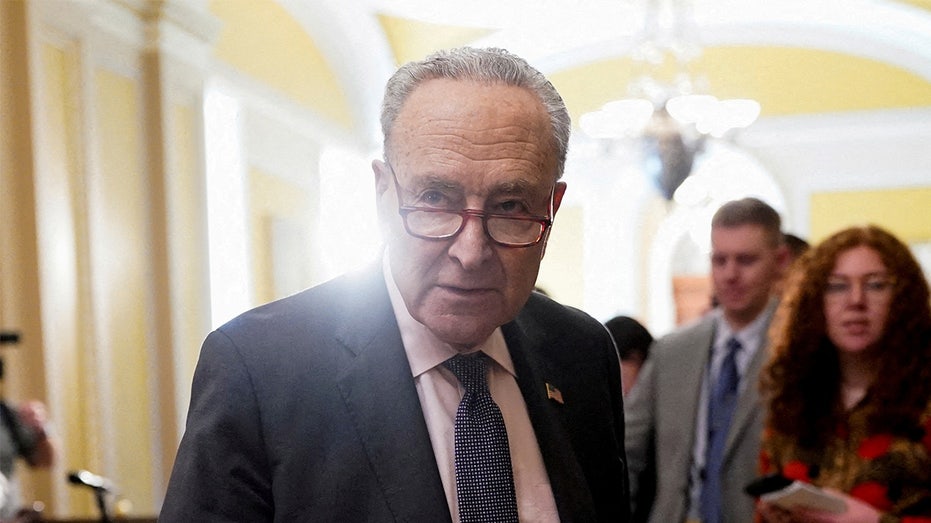A prolonged government shutdown served as the backdrop for a fierce Republican offensive against the Affordable Care Act, commonly known as Obamacare, as senator after senator voiced sharp criticisms on the Senate floor.
Senator Lindsey Graham of South Carolina didn’t mince words, asserting the system may require a complete overhaul. He recalled promises made during the law’s passage in 2010 – a projected $2,500 savings for participating families – and contrasted them with the reality of a substantial premium increase, labeling the current situation unsustainable.
The chorus of disapproval extended beyond Graham. Senator Ron Johnson of Wisconsin lamented the refusal of opposing lawmakers to acknowledge the widespread damage he believes Obamacare has inflicted, attributing the problems to the erosion of free-market principles within healthcare.
Senator Rick Scott, a former healthcare executive from Florida, echoed this sentiment, pointing to government intervention as a primary driver of rising costs. He argued that when the government becomes involved, prices inevitably climb.
The Republican critique transcended the immediate issue of government funding, which remained stalled. While Republicans proposed a short-term spending package, Democrats repeatedly rejected it, demanding a simultaneous extension of COVID-era tax subsidies for Obamacare plan holders.
Republicans maintained that the subsidies were separate from the funding debate, choosing to postpone negotiations until the government reopened. However, former President Trump unexpectedly intervened, suggesting a restructuring of the subsidies to deliver payments directly to policyholders, rather than insurance companies.
Trump’s suggestion ignited a new wave of criticism focused on the fundamental structure of Obamacare. Senator Roger Marshall of Kansas highlighted the program’s staggering cost to taxpayers – nearly $150 billion annually – a figure far exceeding initial projections.
Senator Joni Ernst of Iowa agreed, stating that simply injecting more money into a flawed system wouldn’t solve the problem. She advocated for targeted fixes to address the program’s shortcomings and eliminate what she described as wasteful spending.
Senator Jon Husted of Ohio added to the discussion, emphasizing the need to understand the root causes of escalating healthcare costs. He pointed to a 6% annual increase in healthcare expenses since Obamacare’s implementation, outpacing overall inflation.
Despite Senator John Thune’s efforts to maintain weekend sessions and break the legislative gridlock, the path forward remained uncertain, leaving the future of both government funding and healthcare policy in a state of precarious balance.
The debate underscored a deep ideological divide, with Republicans framing Obamacare as a failed experiment and Democrats prioritizing continued access to affordable healthcare for millions of Americans.






